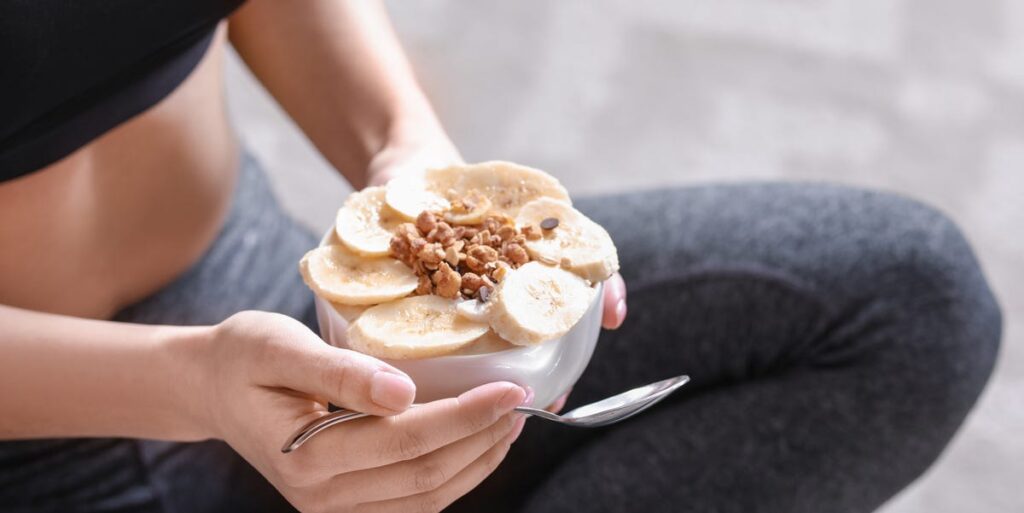Optimal Nutrition for Runners: What to Eat Before Running
As marathon training intensifies, the question of the best pre-run nutrition becomes increasingly critical. Whether you are gearing up for a race, like the New York City Marathon, or are simply wanting to improve your performance, understanding what—and when—to eat is essential. Nutrition can significantly influence your training success and overall race day performance. Consult with registered dietitians and nutritionists to tailor your pre-run diet for optimal energy and endurance.
Understanding Nutritional Needs for Runners
The nutritional requirements for runners vary based on their training intensity and duration. For those engaging in daily runs of up to one hour, a balanced diet rich in whole foods should suffice. Brian St. Pierre, a dietitian specializing in performance nutrition, emphasizes that focusing on minimally processed foods, lean proteins, fruits, and quality carbohydrates can effectively meet dietary needs. Once training reaches beyond 13.1 miles, however, carbohydrate intake must increase considerably to support the body’s energy requirements.
Carbohydrate Requirements Based on Distance
For runners focusing on half marathons, carbohydrate needs spring to about two to three grams per pound of body weight. In contrast, those preparing for marathons require more substantial carbohydrate intake, approximately 2.5 to 4.5 grams per pound. This nutritional ramp-up is crucial to support energy levels during extensive workouts, especially when training closes in on ten hours a week. Understanding and adhering to these nutritional guidelines can result in enhanced endurance and performance.
Strategic Pre-Run Snacking
When it comes to pre-run snacks, the timing and contents vary. For runs of up to 30 minutes, some experts suggest that skipping a pre-run snack is fine as long as you stay hydrated. If you prefer something light, options include applesauce, dried fruits, or a handful of pretzels. For runs lasting anywhere from 30 minutes to an hour, easily digestible carbohydrate sources, like Greek yogurt with fruit or a slice of bread with honey, can provide the necessary fuel without weighing you down.
Longer Runs: Fueling Strategies
For runs extending beyond an hour, fueling becomes paramount. Aim to consume a mixture of carbohydrates (approximately 45 grams) along with about 10 grams of protein in the pre-run meal. Options like oats with banana or a granola bar can be effective choices. As the duration extends past 90 minutes, sports drinks or gels are advisable to meet carbohydrate and electrolyte needs. Sodium intake becomes essential for preserving fluid balance, particularly on longer runs and in hotter conditions.
The Role of Race Week Nutrition
Your nutrition choices in the final days leading up to a race can greatly impact your performance. Carb-loading—strategically increasing carbohydrate intake leading up to the race—ensures that muscle glycogen stores are maximized. Adjustments in carbohydrate intake should be made several days prior, aiming for four to five grams of carbs per kilogram of body weight, progressing to eight to 12 grams the evening before the race. This thoughtful approach ensures your body has the necessary fuel to perform optimally.
What to Avoid Before Running
While knowing what to eat is crucial, understanding what not to eat can prevent discomfort on the run. It is wise to avoid fatty or fried foods and overly fibrous options that could lead to stomach issues. Foods high in sugar alcohols can cause digestive discomfort, and pungent foods like garlic and onions might linger, affecting performance. Make informed food choices to avoid complications and enhance your running experience.
In summary, the right pre-run nutrition plays a pivotal role in performance. Adhering to these guidelines can ensure you are well-fueled and prepared for your runs. For more information on optimal nutrition for athletic performance, consider visiting resources like Precision Nutrition and Ochsner Eat Fit.
